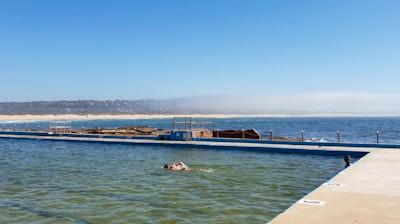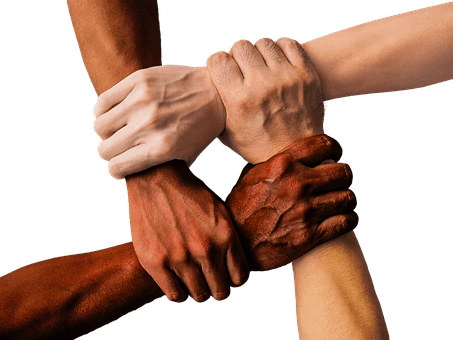Why We’re Patriotic
Curated from: nautil.us
Ideas, facts & insights covering these topics:
5 ideas
·1.06K reads
3
Explore the World's Best Ideas
Join today and uncover 100+ curated journeys from 50+ topics. Unlock access to our mobile app with extensive features.
Feeling united
Patriotism is an inborn human sentiment and part of a subconscious drive toward group bonding and allegiance. According to some recent studies, patriotism is in our genes.
But this allegiance is not always a warm feeling of connection. Sometimes the bond with a group serves as a powerful wedge to single out those who are different. Sometimes what makes us feel connected is not a love of country but a common enemy.
42
399 reads
Patriotism and identity
The groups we identify with provide a sense of identity and belonging. Once we have identified our place in the group, we are motivated to enhance the status of this group. Patriotism is a form of identity.
Scientists explain that the instincts that drive patriotism can express humanity’s best and worst sides.
In an experiment, subjects consistently discriminated against those in other groups and acted in ways that benefited their own groups.
39
157 reads
Group emotions
The feeling that the benefits of the group are beneficial to the individual is innate.
One common characteristic of a group is that emotions appear to be contagious. A shared emotional experience occurs when one person feels a similar emotion to another due to perceiving the other's state. Conversely, xenophobia can be attributed to a dissimilarity in perception that creates an empathy gap.
40
173 reads
Patriotism vs nationalism
- Patriotism is "ingroup love." An individual will sacrifice out of love for the greater good.
- Nationalism is about "outgroup hate." We are better than people that are not like us.
Very few people will go out of their way to try to harm an outgroup. However, if we perceive an outside group as an active threat, it is possible for ingroup love to change into outgroup hate.
45
194 reads
Factors that govern group identification
A group has an existence that extends beyond the life of any of its individual members. A sense of weakness and anxiety lead us to depend on the group. Once you feel part of a group, you are less afraid.
There is a connection between the need for closure and group identification, including patriotism. When you are uncertain about yourself, you seek certainty, and that certainty is provided by the group ideology that tells you who you are. However, if you are successful as an individual, you feel less dependent on the group.
37
143 reads
IDEAS CURATED BY
Enzo E.'s ideas are part of this journey:
Learn more about personaldevelopment with this collection
How to prioritize and simplify your life
The importance of rest and relaxation
The benefits of slowing down
Related collections
Similar ideas
5 ideas
What Happens When You Tell Your Story and I Tell Mine?
greatergood.berkeley.edu
3 ideas
Why Do Human Beings Do Good Things? The Puzzle of Altruism
psychologytoday.com
5 ideas
How People Develop Prejudices
verywellmind.com
Read & Learn
20x Faster
without
deepstash
with
deepstash
with
deepstash
Personalized microlearning
—
100+ Learning Journeys
—
Access to 200,000+ ideas
—
Access to the mobile app
—
Unlimited idea saving
—
—
Unlimited history
—
—
Unlimited listening to ideas
—
—
Downloading & offline access
—
—
Supercharge your mind with one idea per day
Enter your email and spend 1 minute every day to learn something new.
I agree to receive email updates

